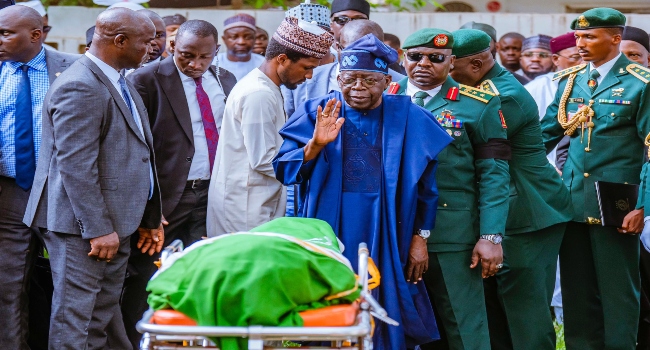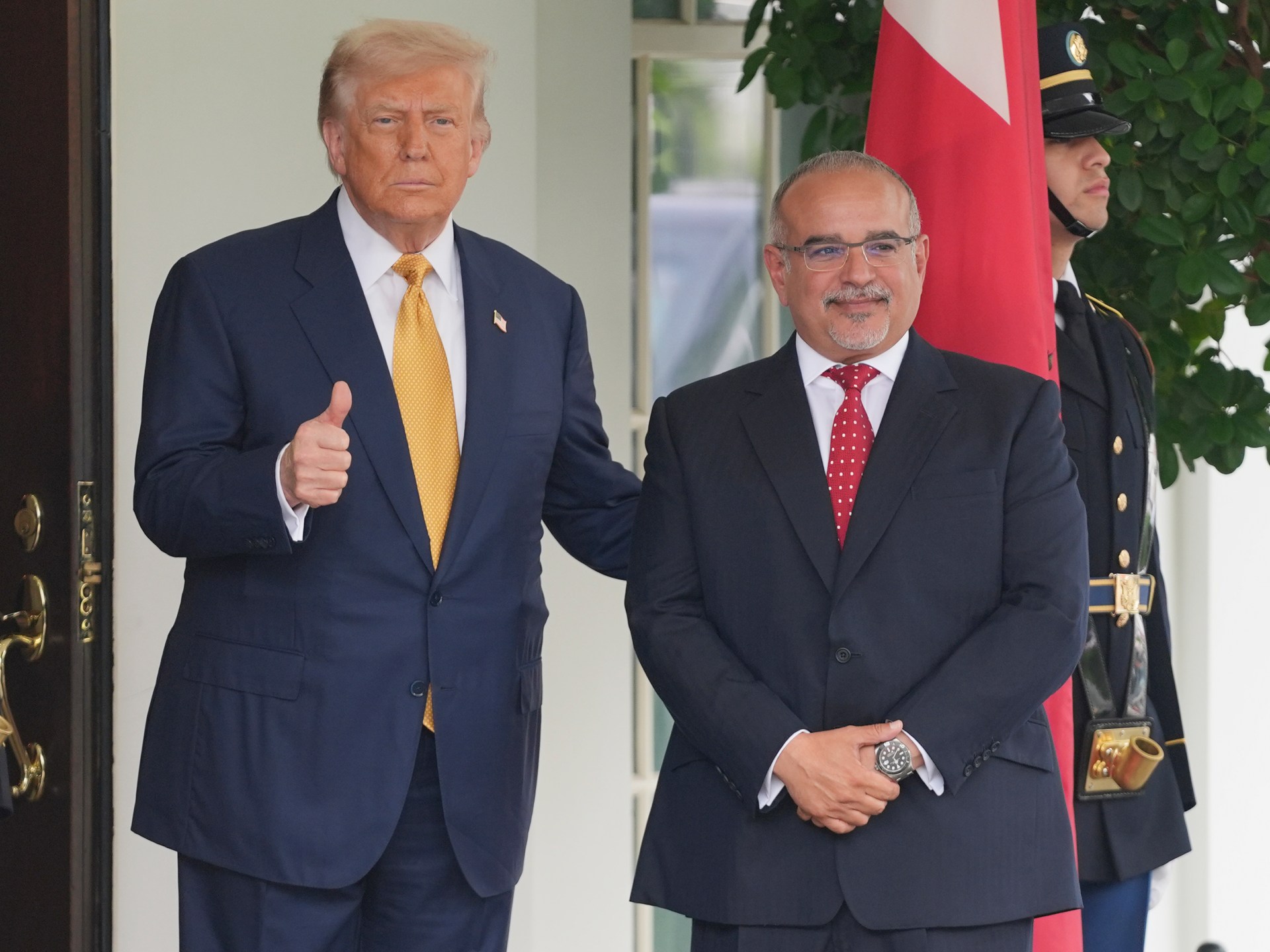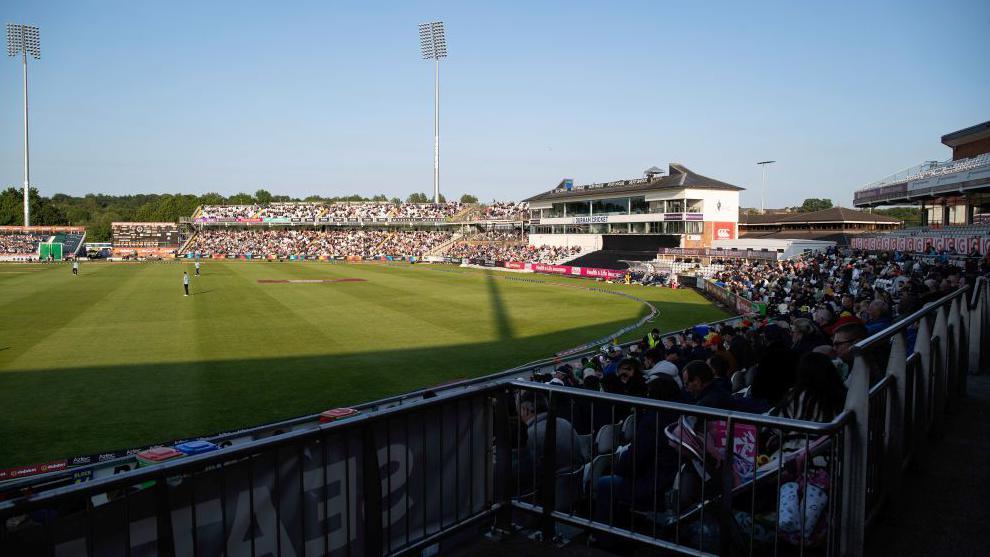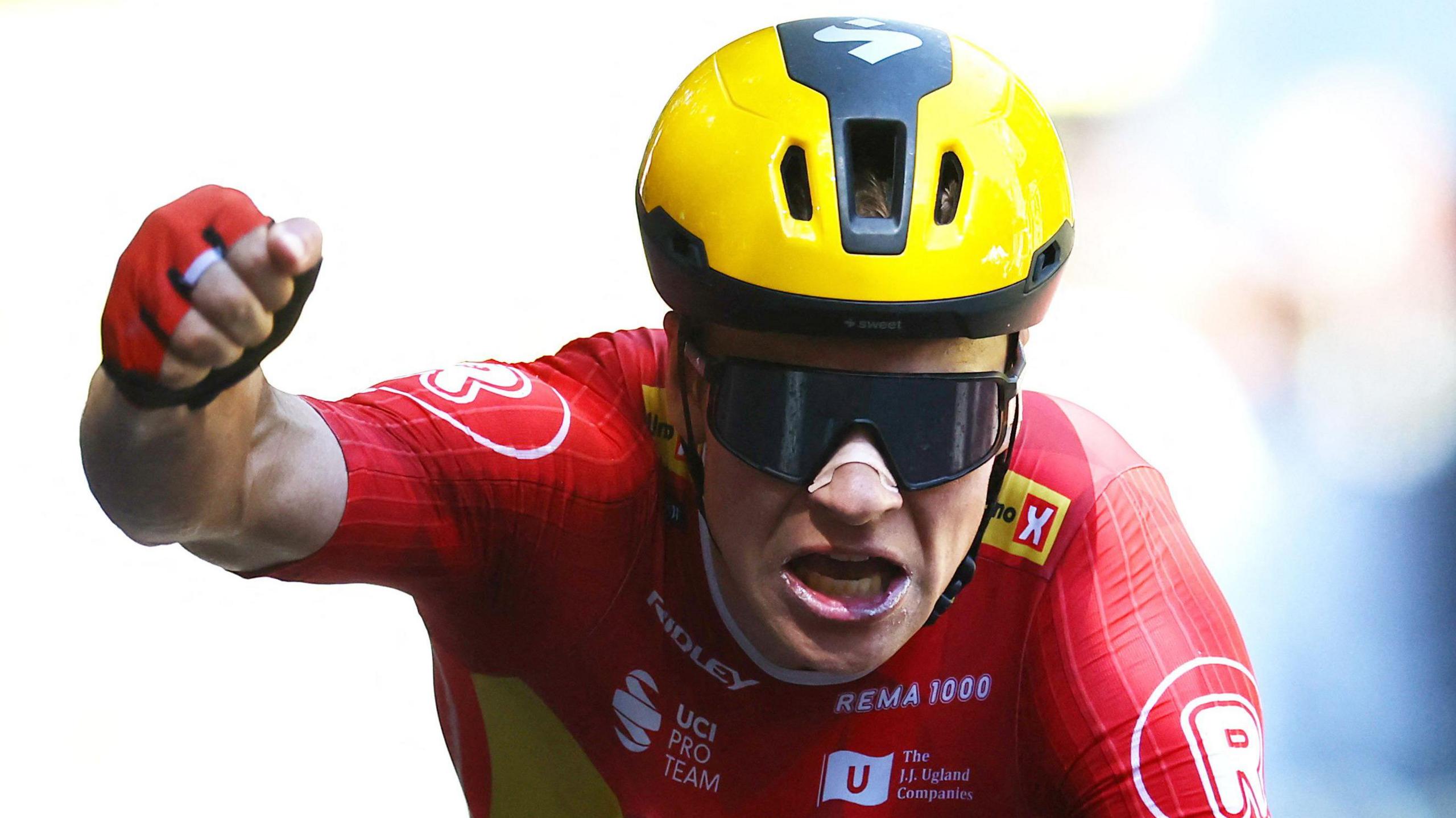The Vice President Kashim Shettima, on Wednesday, said former President Muhammadu Buhari’s death is a major loss to the nation and the entire African continent.
Shettima stated this after a brief prayer for the repose of the soul of Buhari at the deceased’s residence in Daura, Katsina State.
According to him, people from far and wide have called to commiserate with President Tinubu over the sad demise of our elder statesman.
READ ALSO: Atiku Resigns From PDP, Cites ‘Irreconcilable Differences’
“The President was personally pained by the loss. He sent me to London earlier on to go and visit the late President. I was there for two days, and when he answered the call of Allah, the President equally directed me and the Chief of Staff to go and accompany the family and the body of the late President back home,” Shettima said.

“And in consultation with President Tinubu, the family of the late President Buhari and the Government of Katsina State, it was unanimously resolved that tomorrow (Thursday), by God’s grace, by noon, we shall all gather here to offer our prayers for the repose of the soul of the late President.”
He stated that every soul shall test the torment of death, adding that while death is an inevitable destiny that hangs over everyone’s neck, everyone should consider themselves as travellers with their bags and baggage waiting for the train.
Shettima prayed to Allah to grant the soul of the late former President Buhari eternal rest and reward him with Al-Jannah Firdaus and protect the family he left behind.
The Vice President noted that the late former president was not an ordinary person, just as he said, Nigerians from all walks of life are still free to come and offer their condolences to the Government and people of Katsina State.
Shettima said the Katsina state governor, Dikko Radda, will be in the state, and members of the family of the late President will be in Daura to accept condolences.

“But the formal ceremony will come to an end tomorrow based on consultation between His Excellency, President Bola Ahmed Tinubu, GCFR, the family of the late President, and the governor of Katsina state,” he stated.
Earlier, the Governor of Katsina State, Dikko Radda, said the demise of Buhari was a great loss to the people of Katsina, the nation, and Africa in general.
He urged leaders at all levels to sustain the legacies of the late President Buhari by ensuring transparency, honesty, and accountability in governance, adding that “Buhari lived and died for the people.”
The governor appealed to all Nigerians to continue to pray for the repose of the soul of the late former President Buhari.
Radda thanked President Tinubu and Vice President Shettima for honouring the late former President and the people of Katsina with their presence during the burial.

Also, the Minister of Information and National Orientation, Mohammed Idris, extolled the virtues of the late former Nigerian leader.
“We are here to pray for the repose of the soul of our former leader, President Muhammadu Buhari. May Allah accept his soul. Yesterday, as we all know, the former President was buried here in his compound, and it was witnessed by people from all walks of life, including the President of Nigeria, President Tinubu, GCFR.






